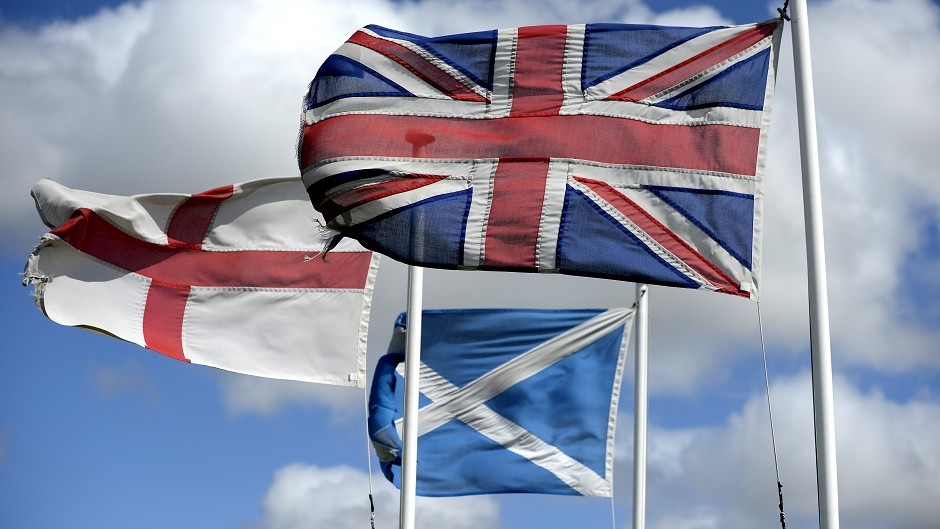A former head of the UK’s intelligence agency has claimed plans for security arrangements in an independent Scotland were “fundamentally flawed”.
Sir David Omand, who was once head of GCHQ, said cyber security would be “much harder” to achieve in the event of a Yes vote and would cost more than it does as part of the UK.
The Scottish Government’s white paper sets out plans to set up a single security and intelligence agency for Scotland which will be responsible for functions including cyber security from the first day of independence.
It says Scotland will work with the rest of the UK on cyber security and would expect “appropriate recognition of Scottish taxpayers’ proportionate contribution to the UK’s current cyber security programme”.
The SNP government has claimed the country’s annual defence budget would be £2.5billion and it would save £250million a year by getting rid of Trident nuclear weapons.
The plans are based on key domestic, regional and foreign policy priorities and will deliver the appropriate conventional capabilities to provide security for Scotland and its allies.
Sir David, who was educated in Glasgow and set out his views on behalf of pro-UK group Better Together, said: “As a Scot I want security for Scotland.
“So were independence to come it must leave people on both sides of the border no less secure than today, at no greater cost.
“The SNP white paper is fundamentally flawed on how either part of that condition could be achieved, especially how the different security demands can be accommodated within the security budget said to be available for the first few years of independence.
“Cyber security in particular would be much harder to achieve, and it would cost a lot more than it does today as part of the United Kingdom.
“It would take considerable investment, it would take considerable time to build up separate capability and it would take a great deal of good will on the part of the rest of the UK, the US and European partners to support Scotland during that period.”
